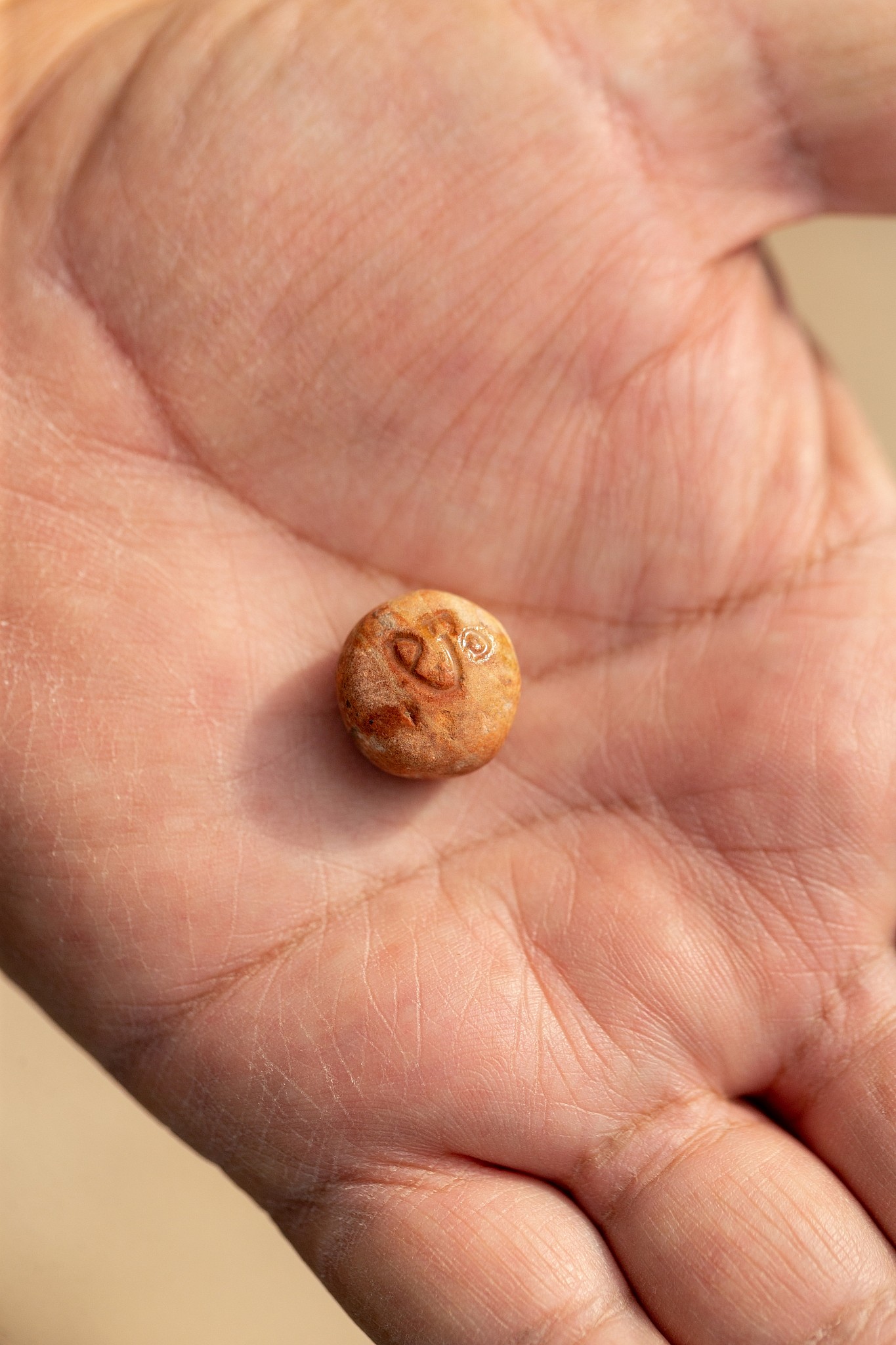Those BioLogos Unbelievers
Douglas Wilson
Blog & Mablog
INTRODUCTION:
Eugene Genovese once wrote that, during his atheist days, whenever he was in the company of a liberal Christian, he always felt that comfortable sense that he was in the presence of a fellow unbeliever. Unbelief is a thing.
And that matter of faith is always the basic issue. One of the New Testament names for Christians is the simple term believers (Acts 5: 14); 1 Tim. 4:12. When Jesus would admonish His disciples, one of the ways He would do it was through His stinging phrase “ye of little faith” (Matt. 6:30; 8:26; 14:31).
The Westminster Confession is full of pastoral wisdom, and does know that saving faith can be “different in degrees, weak or strong” and “may often and many ways [be] assailed, and weakened” (14.3). But at the same time they do not allow the frailties and foibles of various Christians to be the determining factor in defining the essence of what saving faith is always called to do. “By this faith, a Christian believes to be true whatsoever is revealed in the Word” (14. 2).
This would have to include Genesis. Saving faith believes to be true whatsoever is revealed in the Word. Mull that over.
And Genesis was not composed of some gumby-like material, and is not a text that can be shaped into whatever form is currently needed to maintain respectability out there in the world. Someone who can read Genesis and find millions of years in there, not to mention those years occupied with turning crickets into condors, is someone who could be appointed to the Supreme Court, open his copy of the Constitution, and discover in it that we are supposed to have three senators from every state.
Believers are supposed to, you know, believe things. And they are supposed to believe what was written. So when it comes to the first eleven chapters of Genesis, when someone in the church tells us they “don’t believe that it means . . .” our response should be, “Exactly so. And that’s the problem. Not a small one either.”
Cancer doesn’t arrive all at once, pervading the body in ten minutes. The cancer of unbelief will take root in one place, and then spread to the others. Too often our debates about theological liberalism (just a fancy name for this unbelief) are over whether the patient has died yet, when they ought to be over whether the patient has cancer yet. There is a type of naïve observer who will accept that a denomination is going liberal after it has died of that liberalism. They will only accept a diagnosis of liberalism from the coroner, never from the doctors. So prior to that point where the farm is actually purchased, when something could still be done about it, denial is the name of the game. And so it is—anyone who admits any kind of funny business into Genesis 1-11, while they may not be dead in their liberalism, they do have a case of it.
The evangelical church today is shot through with this spirit of unbelief; we are riddled with cancer. We flat don’t believe “whatsoever is revealed.” It perhaps began with a few in the pews who have trouble with this or that. Then it spreads to men who are great when it comes to the New Testament, or with systematic theology generally considered, but who function with a quiet unbelief running in the background when it comes to things like theistic evolution. There have been more than a few evangelical worthies who have made their quiet peace with this kind of evolution,adopting some theistic form of it—men like John Stott, or J.I. Packer.
